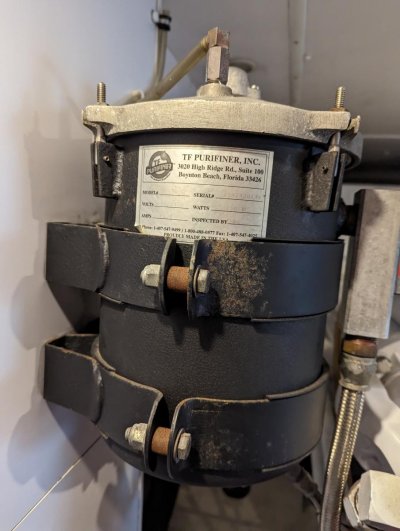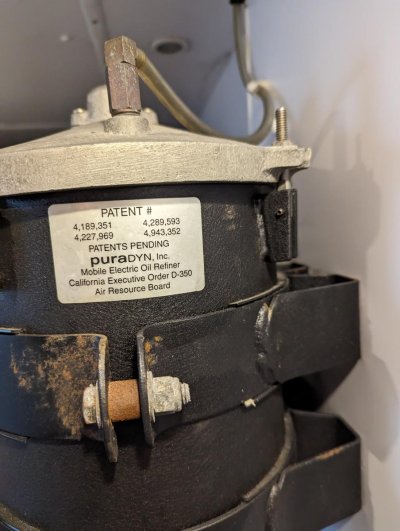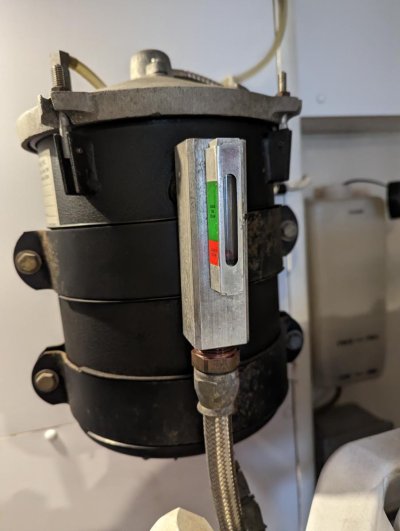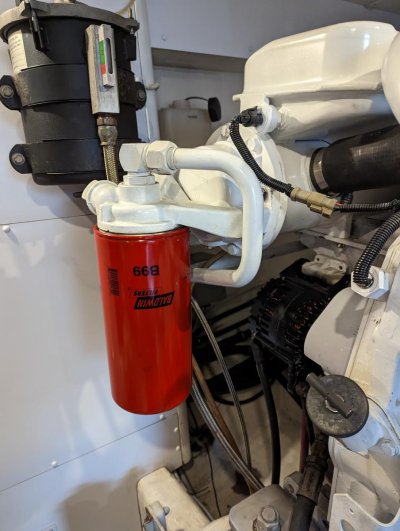I'm confused. I totally get the contaminant discussion. But the deeper technical discussions reference TBN number (which is associated with acid remediation) as an indicator of when the oil has worn through its ability to do its job. T he bypass filter is designed to reduce particulate - what is the connection between acid and particulate? In other words, what about enhanced filtration changes the TBN number?
The Blackstone article says oil doesnt matter as long as its API compliant. Does that mean that all the specific engine manufacturer acceptance listing is a load of BS?
Seriously, I'm confused on this one.
Peter
My understanding is that the acid is created from the sulfur in diesel. Filter out the sulfur that gets into the oil from the diesel fuel, and the additives, measured by TBN, will have less work to do and last longer.
When Low Sulfur Diesel(LSD) was replaced by Ultra Low Sulfur Diesel(ULSD) the amount of the additive package, aka the TBN number, was lowered. Some of the oil I was using in the time of LSD had a TBN level in the high teens or low 20's. I believe the oil I am using now is around 10ish out of the jug/bucket.
My last oil sample, which had gone for 11,500 miles and was over three years old, had a TBN of 6.2. Samples going back to 2014, only a had two samples lower than 6.0. One was 5.0 and the 5.5 with 15,000 and 15,995 miles. Seems like I had one sample prior to 2014 that might have been lower than 5. Maybe. Usually, based on the wear numbers, TBN, other metrics, I have been changing out oil that still had life left. The manual say to change at 5,000 miles and I usually go to around 15,000.
My interpretation of Blackstone's statement was to use any API specified oil that meets the engine makers recommendations. The usual oil discussions are that Brand X oil is better than Brand Y. The oils I have used have been blessed by the engine manufacturer and I have used oil from John Deere, Shell, Delo, Mobile, and maybe one or two other brands, that had 0W40, 5W40, and 15W40 weights. Been doing used oil analysis on the 0W40 and 5W40 oils for well over a decade and never seen a difference in the reports. Those oils were from JD, Mobile, and Shell.
Decades ago, there was an oil brand that had a strong following but I would not use it because it was not API rated. People swore that the oil was great but I sure would not use it without the API rating.
Later,
Dan




